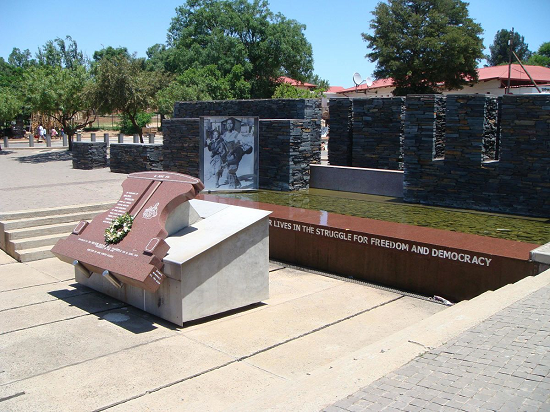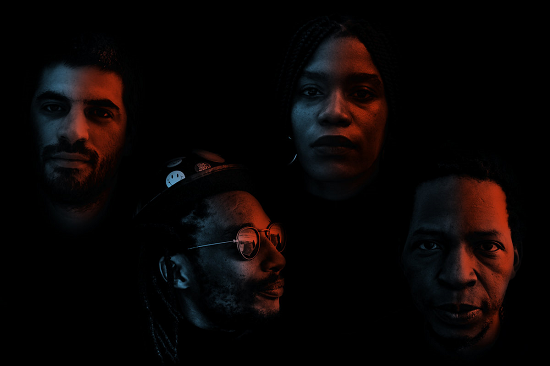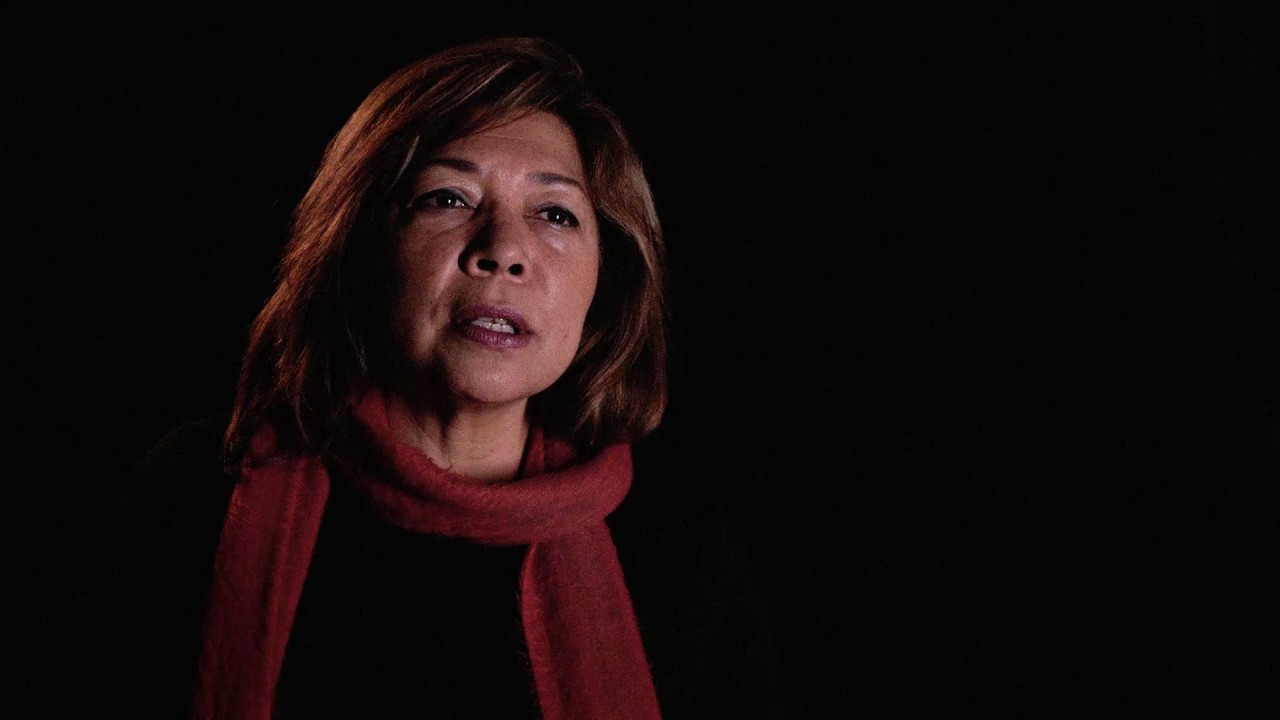In 1974, South Africa’s Apartheid government passed the ‘Afrikaans Medium Decree’, requiring Black schools to teach mathematics, arithmetic, and social studies in Afrikaans, while practical subjects like woodwork and metalwork would be taught in English. Indigenous languages were only permitted in religious instruction, music and physical culture. This was in deliberate and racially motivated opposition to Black South Africans’ distaste for Afrikaans due to its association with the Apartheid regime; Desmond Tutu described it as the “language of the oppressor.” On April 30, 1976, children at Orlando West Junior School in Soweto, to the south west of Johannesburg, went on strike, demanding that they receive an equal education to white students, and the movement subsequently spread to other Black schools in the region.
On June 16, organised by the Soweto Students’ Representative Council’s (SSRC) Action Committee, and with support from activists of the anti-Apartheid Black Consciousness Movement, an estimated 20,000 Black high school students took to the streets, where they were met with brutal resistance from armed police. Over days of escalating violence, scores of children were killed. The government figure at the time stated that 23 people died, but the number is now most often listed as 176. Some estimates have it as high as 700. A photograph of Hector Pieterson, a 12-year-old boy who was killed by the police, carried as he was dying by the activist Mbuyisa Makhubo while his 17-year-old sister ran alongside them, became a harrowing icon.
The date is now marked in South Africa as Youth Day, a national holiday, while the Hector Pieterson Museum now stands near the spot its namesake was killed. The story of the Soweto Uprising has been woven into the country’s modern narrative; there are few living there who don’t know it. A 2017 documentary by Tshego and Sifiso Khanyile called UPRIZE!, however, significantly expands and recontextualises the event. Through extensive interviews with civil rights leaders, academics, artists, and those who participated in the protests, it looks backwards to the Bantu Education Act of 1953, which enshrined segregated schooling in law, and forwards to the way the protests were a flashpoint in a wider struggle against Apartheid, going beyond Soweto to explore movements that sprung up across South Africa in its wake.
It is a striking and unflinching film, its emotional power elevated by a remarkable soundtrack released earlier this year as the second LP by SPAZA, which is not so much a band as a series of recordings organised by the label Mushroom Hour Half Hour. They’re named after South African spaza shops, or tuck shops, informal convenience stores run from people’s homes, garages, shacks and shipping containers that sell miscellaneous household goods. Predominantly centred in Black townships, where paths to formal business ownership are limited, the word has become synonymous with entrepreneurial spirit. Just as each spaza shop is completely different from another, so too are all of SPAZA’s performances, entirely improvised by a constantly shifting line-up. This time it consisted of Nonku Phiri, Malcolm Jiyane, Gontse Makhene, and Ariel Zamonsky. “In a tuck shop you always get different things, depending on what kind of tuck shop you go into,” Makhene explains.
Makhene and Zamonsky (who also play together in Shabaka And The Ancestors) also featured on the first SPAZA release, a self-titled album put out last year recorded live in one take at Johannesburg’s Troyeville gallery. Phiri also contributed guest vocals to one track. Where that record is overwhelming and psychedelic, however, recorded with an large line-up who performed a set full of abstraction, distortion and trances, the music for UPRIZE! feels deeper, richer, and heavier-hitting. Approached by the Khanyiles before the film was completed, Mushroom Hour Half Hour’s Andrew Curnow, Nhlanhla Mngadi, and Nhlanhla Masondo decided it would be interesting to create a soundtrack from scratch and assembled the four musicians as a brand new SPAZA. Projecting clips of interviews and archive footage that were to be used in the film, Phiri, Jiyane, Makhene and Zamonsky wrote improvisationally by responding to the visuals across three days of sessions, creating music that weaves itself tightly to the deep emotion of the film itself.

The Hector Pieterson Memorial
All four of them, who tQ speaks to across separate, individual interviews, were as familiar as anyone else in the country with the June 16 story as told by the current establishment, including Zamonsky who was born in Argentina and did not move to South Africa until he was 17. “It’s something you learn about on the street and on the news,” says Makhene. “For people in my age group, it’s something we grew up being told about, something our parents, brothers and uncles went through. We were in the periphery of it happening.”
“Of course my family members have had experiences of it,” says Phiri, who is the daughter of the celebrated jazz, fusion and mbaqanga musician Ray Phiri. “My grandmother worked in the education system, my mum was a student at the time, and my father would have actively been using his art form to rebel against the prejudiced system. There’s seldom a South African family that would say they don’t have a story or some sort of experience that hasn’t been relayed to them regarding 1976.”
All of them, however, separately say that they were prompted to drastically re-evaluate their understanding of the events by working on UPRIZE!. We’re told that 1976 happened in Soweto, but we saw the clips of protests in Cape Town,” says Jiyane. “We realised that this wasn’t just in one province, it was all over the country. The famous June 16 memorial space is in Soweto, but [the movement] wasn’t just concentrated there.”
“If there is only one narrative that’s being told to the whole world, that’s the one thing that will keep being repeated and repeated and then the other things will be forgotten about,” says Makhene. “The Hector Pietersen story is the one that’s been popularised in this country, but there were so many other stories that never got the light of day. The things we heard about on UPRIZE! brought new life to what happened around the country, the people besides Hector Pieterson, other events that were even more atrocious than what happened in Soweto.”
One of the most devastating, hitherto untold stories in the film is that of Xolile Mosi, a 17-year-old boy who joined the Cape Town protests and started harmlessly jibing a policeman who shot him dead in retaliation. The story’s inclusion in the film, told with horrifying attention to detail, is one of the clips the four musicians composed to, writing a song named after Mosi on the final of the three days. Makhene is visibly emotional when he recounts it. “Fuck,” he says. “It’s a disturbing thing… It just says so much about what the system instils in people who are supposed to instil the law. It shows how much of a lack of information there is in terms of who it is they’re supposed to be protecting, and how they’re supposed to be doing it. We were spellbound by what happened. For three nights afterwards, I had a hard time sleeping because that was all that was going through my mind. It was hard to swallow, that these are things that happened in our country.”
“I haven’t been affected so deeply before by a body of work before I had done this,” says Phiri. “It demanded a whole lot more from us. It was the most demanding and the most emotionally challenging story to try and portray or depict through song or music.”
Zamonsky feels similarly. “Just trying to get into the mood or the emotion of what we were seeing… You can look at the past and it can make you feel hopeless sometimes.”
As painful as the events of the Soweto Uprising and subsequent protests across South Africa were, however, UPRIZE! also highlights their crucial place as a catalyst in the country’s long (and still ongoing) fight for equality. As Jiyane explains, by the time the foursome recorded ‘Xolile Mosi’, there was a collective desire for healing. “It’s a very painful film. It’s a very painful story and a very painful time to now try and justify musically in a dreadful way is very difficult. We had to smile sometimes, laugh like it didn’t happen. We needed to heal from that using whatever form of expression. You just have to let go.”
The sessions were well arranged, in that by the time they got to this point, Phiri, Zamonsky, Jiyane and Makhene had had days to fine-tune their working relationship with one another. “I think each day had its own mood, each one life-changing, and each one very revealing with regards to each artist,” says Phiri. This left them able to confront the horrors of 1976 as one. “It had a sombre mood, but it also had a very collective sharing of pain being carried.”
The film, which has met with considerable success in its home nation, is a crucial one. As the true meaning behind Youth Day in South Africa fades with successive generations, it’s a reminder of the sheer scale of June 16’s importance. “As well as fighting for the right for speech and education, the students were fighting for other things like just being able to go out at night,” Jiyane points out. “They were fighting for their parents, coming in late having been abused. It was for the freedom of life.”
“It makes me feel a bit more cognisant of my privilege and serves as a huge reminder to always embrace the liberties we’ve been afforded,” says Phiri. “I feel that our history is not necessarily one that is known worldwide for being kind, but I’m very happy with how far we’ve come as a people. It’s always good for stories to be told so there’s more understanding, and hopefully this is something that continues as well for our generations with kids to come, it feels like there was so much more than what we were told.”
Although the fragments of speech from the films that are peppered among SPAZA’s UPRIZE! soundtrack add a little of that context, it is of course far harder for the band to divulge the same amount of important storytelling that the film contains. It is still, however, an immensely moving piece of art in its own right. Regardless of a listener’s familiarity with the events of 1976, you can hear the depth of connection between the music and the footage it was improvised to. It captures the depth of pain, and the longing for healing that Phiri, Jiyane, Makhene and Zamonsky brought to the sessions, and expresses those feelings with staggering intensity. “I feel very privileged to have experienced it,” says Phiri of the sessions. “There were many moments that words fail to describe.”
UPRIZE! (Music From The Original Motion Picture) is out now via Mushroom Hour Half Hour



